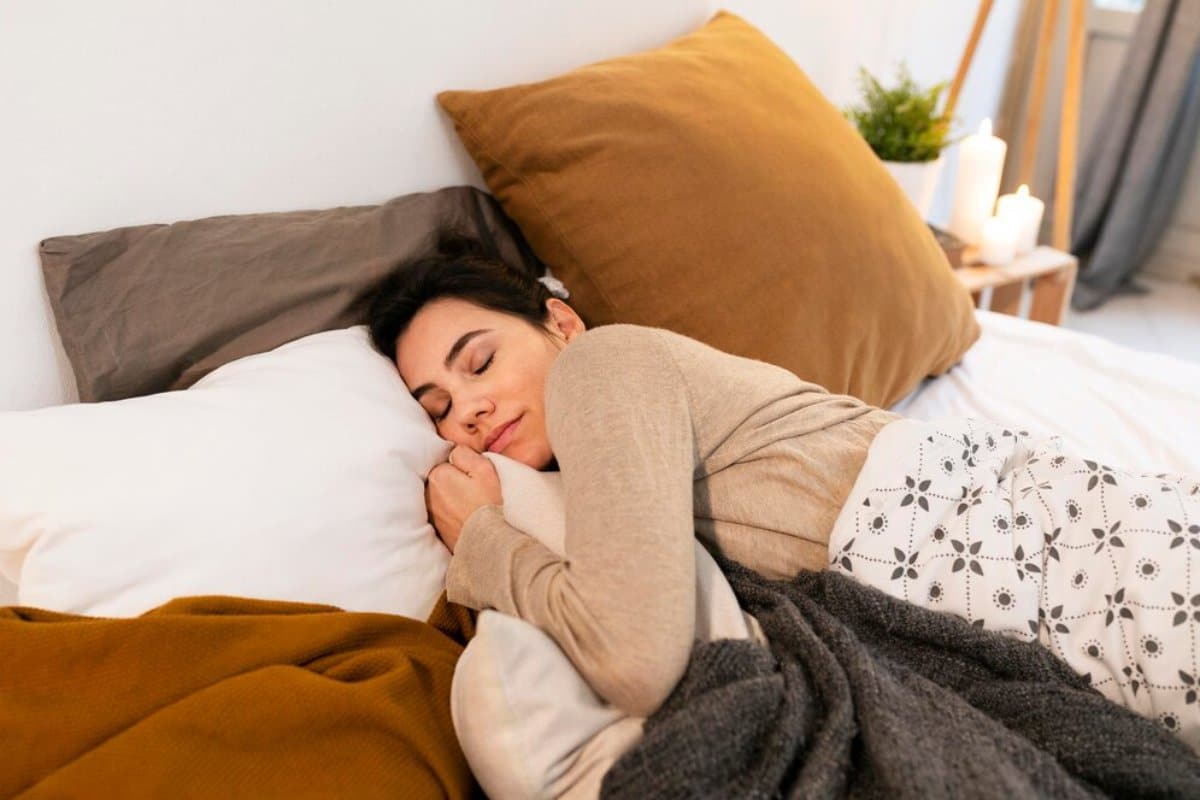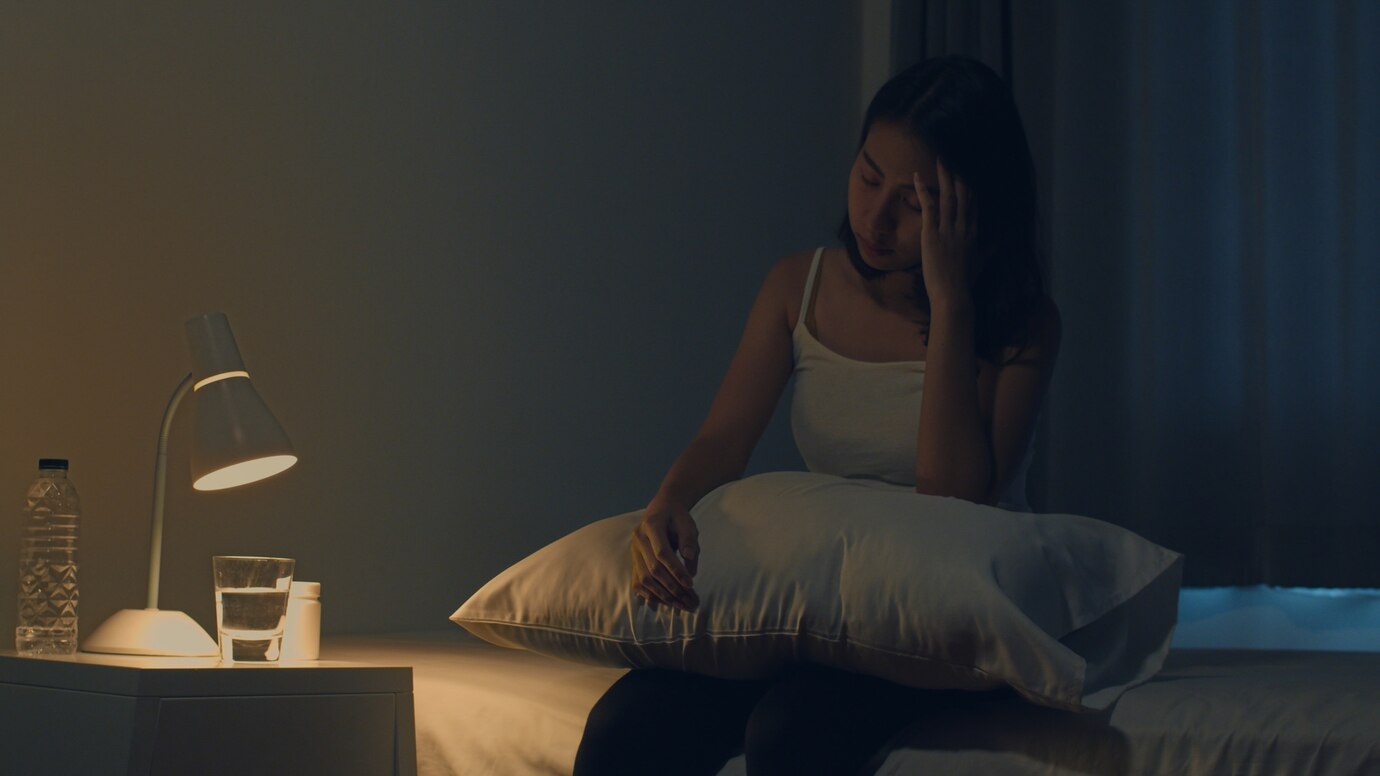
How to Sleep Better Naturally
Getting good sleep is a game-changer for your health, but let’s be honest—many of us wrestle with falling asleep or staying asleep. Poor sleep leaves you feeling drained, scatterbrained, and, frankly, a bit grumpy. The good news? You don’t need sleeping pills to fix it. A few simple tweaks to your routine and surroundings can make a world of difference.
This guide dives into practical tips, natural remedies, and clever solutions to beat insomnia. Whether you’re after small changes or natural sleep aids, these tips will help you drift off faster and wake up feeling refreshed.
Why Quality Sleep Matters
The Importance of Good Sleep
Sleep is not merely downtime; it’s a nightly reboot for your body. During this sacred slumber, your brain sorts through the day’s information, your muscles rejuvenate, and your immune system gets a much-needed pick-me-up. Skip out on quality sleep, and you’ll face a barrage of effects—think mood swings, memory lapses, and that sluggish sensation dragging you down. Over time, this sleep deprivation can become a thief, potentially robbing your long-term mental health of vitality.
Common Sleep Saboteurs

- Stress and Worry: Racing thoughts? They’re the worst bedtime companions.
- Inconsistent Schedule: Going to bed and waking up at different times confuses your body’s internal clock.
- Too Much Screen Time: Blue light from phones, tablets, and TVs messes with melatonin, making it harder to doze off.
- Uncomfortable Sleep Setup: Lumpy pillows, noisy neighbours, or a room that’s too warm? No wonder you’re tossing and turning.
How to Improve Sleep Naturally: Step-by-Step Guide
1. Stick to a Sleep Schedule
Going to bed and waking up at the same time every day keeps your body’s internal clock on point.
- Set a Fixed Bedtime: Aim to hit the sack and wake up at the same time, even on weekends.
- Limit Long Naps: If you need a nap, keep it short—20-30 minutes max. Long or late naps can mess with your nighttime sleep.
2. Wind Down with a Relaxing Routine
Your brain needs a signal that it’s time to switch off.
- Read a Light Book: Nothing too gripping—you don’t want to stay up reading “just one more chapter.”
- Take a Warm Bath: Like a cosy hug for your muscles, helping you relax.
- Try Deep Breathing or Meditation: A few minutes of mindfulness can calm a restless mind.
3. Create a Sleep-Friendly Environment
Your bedroom should be your sanctuary—cool, quiet, and dark.
- Block Out Light: Use blackout curtains or an eye mask to keep things dark.
- Reduce Noise: Earplugs or a white noise machine can drown out unwanted sounds.
- Set the Right Temperature: Aim for 16-18°C. Too warm, and you’ll be kicking off the covers.
4. Cut Screen Time Before Bed
Blue light tricks your brain into thinking it’s daytime.
- Turn Off Screens: Switch off devices at least an hour before bed.
- Use Night Mode: If you absolutely must use your phone, enable blue light filters.
5. Watch What You Eat and Drink
Your diet plays a bigger role in sleep than you might think.
- Skip Caffeine Late in the Day: Caffeine lingers in your system for hours—so no coffee after 2 PM.
- Go Easy on Alcohol and Heavy Meals: Alcohol may help you nod off but messes with your sleep later.
- Hydrate Wisely: Drink enough during the day but cut back before bed to avoid midnight trips to the loo.
6. Try Natural Sleep Aids
Natural remedies can give your body a gentle nudge towards dreamland.
- Herbal Teas: Chamomile, valerian root, and passionflower tea are known for their calming effects.
- Magnesium Supplements: Magnesium helps relax muscles and calm the nervous system.
- Lavender Essential Oil: Diffuse it in your room or sprinkle a bit on your pillow for a soothing aroma.
Pro Tip:
Stick to Your Schedule on Weekends: Tempted to sleep in? Resist! Keeping a consistent routine maintains your body’s rhythm.
Mistakes to Avoid: Common Sleep Blunders
1. Relying Too Much on Sleep Aids
Natural remedies can help, but using them every night might prevent your body from developing its natural sleep rhythm. Think of them as a backup, not a solution.
2. Ignoring Stress and Anxiety
Stress is a major sleep disruptor. If it’s a constant battle, try relaxation techniques—or consider talking to a professional.
3. Weekend Sleep Binges
Sleeping in on weekends feels good in the moment but throws off your body’s rhythm. Stick to your regular schedule, even on lazy Sundays.
4. Late-Night Munchies
Heavy meals or sugary snacks right before bed can leave you feeling bloated and restless. Try to finish eating 2-3 hours before hitting the pillow.
Extra Tips for Long-Term Sleep Success

1. Keep a Sleep Journal
Track your sleep habits to figure out what works and what doesn’t. You might spot patterns you didn’t even notice.
2. Use Calming Scents
Aromatherapy can do wonders. Lavender, bergamot, and cedarwood create a calming atmosphere that helps you drift off.
3. Limit Fluids Before Bed
Hydrate during the day but ease up a couple of hours before bed. Less water means fewer middle-of-the-night wake-ups.
4. Consider CBT for Insomnia
If sleep troubles persist, Cognitive Behavioural Therapy (CBT) can help. It’s a proven method to break bad sleep habits and build healthier ones.
Quick Guide: Sleep Improvement at a Glance
- Stick to a consistent sleep schedule: Yes, even on weekends.
- Develop a relaxing bedtime routine: You can do that with light reading or a warm bath.
- Optimise your bedroom for sleep: Cool, dark, and quiet.
- Limit screen time before bed: Blue light messes with melatonin.
- Explore natural sleep aids: Such as herbal teas, magnesium, or lavender.
- Be mindful: Take care of what you eat and drink, especially in the evening.
FAQs: Your Sleep Questions Answered
1. How many hours of sleep do I really need?
Most adults do best with 7-9 hours of quality sleep. But everyone’s different—listen to your body.
2. What’s the fastest way to fall asleep?
Unwind with a relaxing routine, cut out screens, and try deep breathing to calm your mind.
3. Can exercise improve sleep?
Absolutely! Just avoid high-intensity workouts too close to bedtime.
4. Are herbal remedies safe for regular use?
Most natural remedies are fine for occasional use, but if you’re relying on them often, check with a healthcare professional.
5. What should I do if I wake up in the middle of the night?
If you’re awake for more than 20 minutes, get up and do something relaxing—just steer clear of bright lights and screens.
Conclusion: Build Better Sleep Habits for Life

Improving your sleep naturally isn’t about quick fixes—it’s about building sustainable habits. By sticking to a routine, creating a relaxing bedtime environment, and using natural aids when needed, you’ll set yourself up for deeper, more restful sleep.
Consistency is your best friend. Be patient, pay attention to what works, and trust that small adjustments can lead to lasting results. Sweet dreams!


